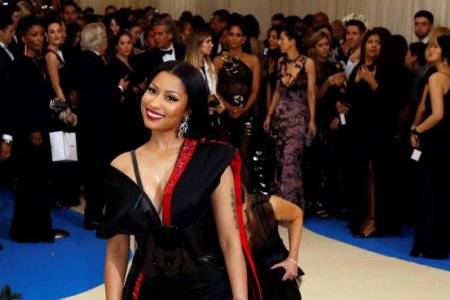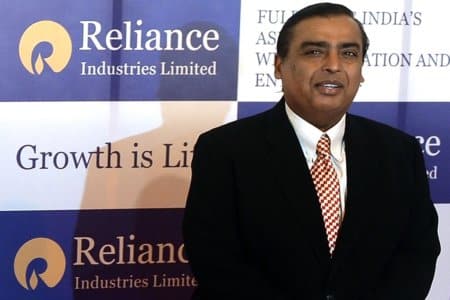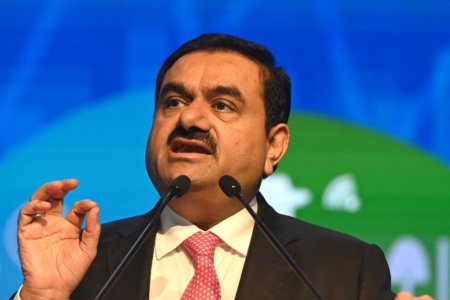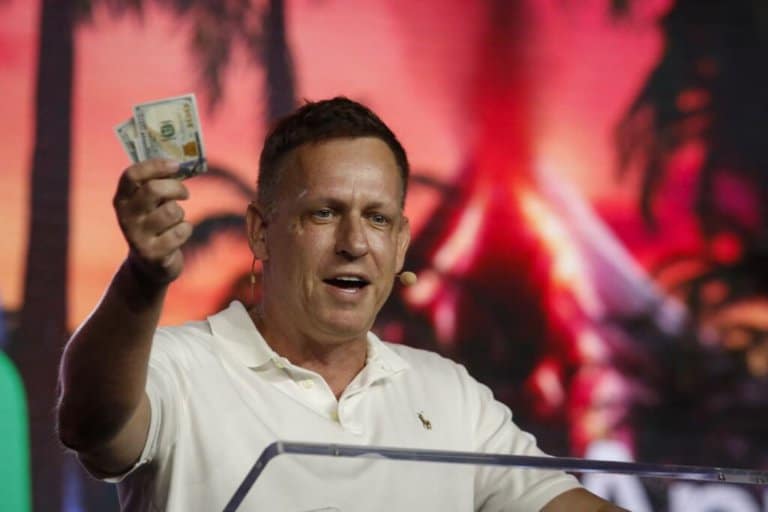
Peter Thiel wears wealth and power like a pro — despite being one of the more complicated antiheroes of our time.
While other billionaires have one origin story and one success story, Thiel has many across different fields. The Peter Thiel story is one big biography — with as many successes as there are controversies.
He is:
- the biggest donor of ex-US President Donald Trump
- the funder of far-right politicians who peddle conspiracy theories
- worth US$4.7 billion
- a co-founder of digital payments giant PayPal
- an early investor and current board member of Facebook
- openly gay in a very anti-gay Republican party
Labelled by some as “dangerous” for the assemblage of money, power and a personal agenda, Thiel didn’t let it bother him.
Instead, he has continued to pursue his wealth with an unwavering sense of determination.
Such drive and focus on money can often be traced back to business schools — especially MBA programmes that extol the virtues of chasing profits at all costs.
And universities are shepherding many to their computer science programmes, with the call that these new students could be the next generation to lead Silicon Valley.
But Thiel studied neither business nor technology.
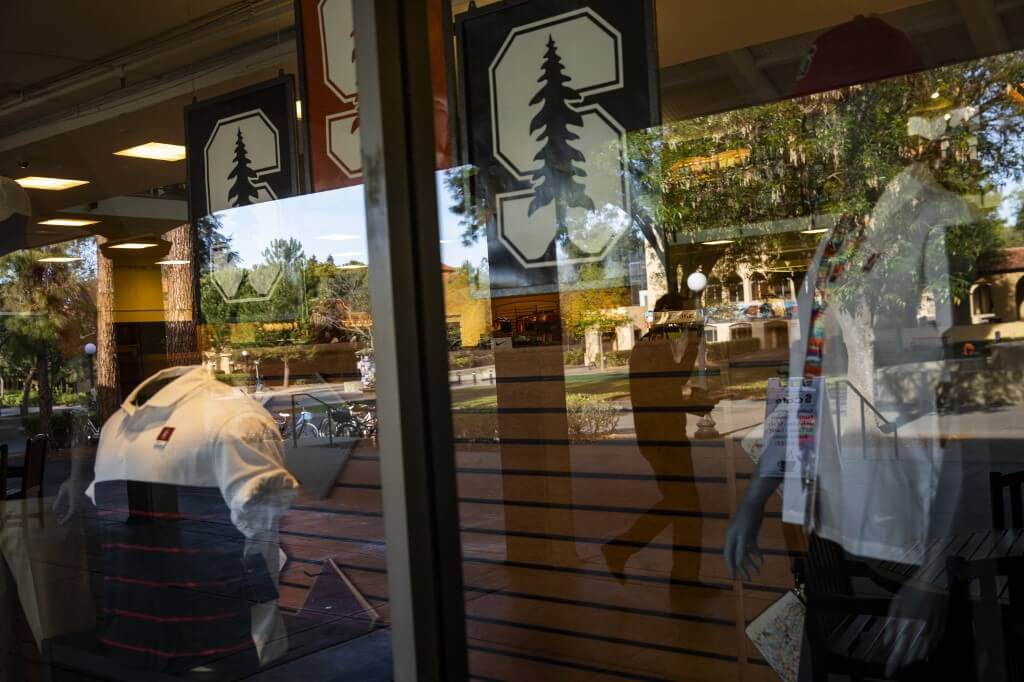
Stanford University, the alma mater of Peter Thiel, leans left. Source: Philip Pacheco/Getty Images/AFP
Peter Thiel and his unlikely degrees
After graduating from San Mateo High School, Thiel went to Stanford University to study philosophy at the undergraduate level.
Philosophy is a field of study that answers questions such as:
- What is truth?
- How do we know?
- Are humans naturally good or evil?
- How are scientific claims justified?
- Do people have free will?
- Am I responsible for my actions?
- What is justice?
Next, he went to law school, which gave him plenty of skills – how to think, how to speak, how to write and so on.
He went on to pen two books, was an occasional commentator on CNBC and contributed articles to various publications like Forbes and The Wall Street Journal.
In a year, more than 100,000 students go to law school and not all become billionaires.
How did Thiel do it?
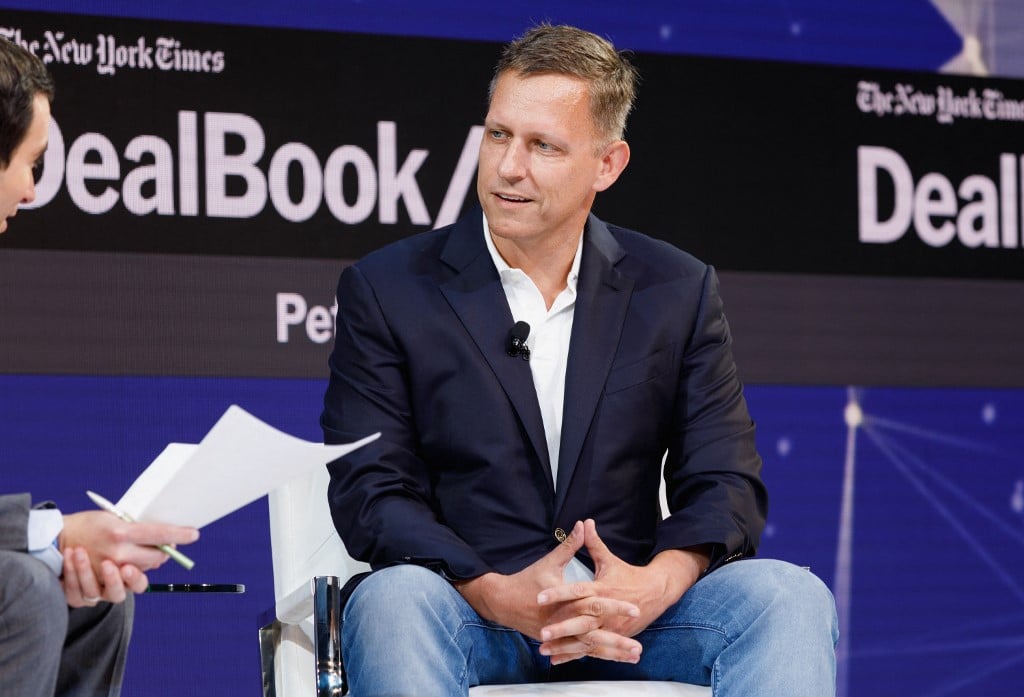
Peter Thiel was born in Germany but thankfully, his father saw the vast opportunities that the US could offer and brought the whole family over. Source: Michael Cohen/Getty Images for The New York Times/AFP
Peter Thiel: The immigrant chess whiz turned philosophy major and conservative author
Peter Andreas Thiel was born in Frankfurt, Germany on October 11, 1967.
His parents, Klaus and Susanne Thiel raised him alongside his younger brother, Patrick, before making the decision to migrate to the US when he was one.
Klaus was a chemical engineer and had travelled for work to South Africa, Namibia, and Ohio before settling in the Bay Area in the late 1970s with the family.
It is said that Thiel was forced to change elementary schools seven times due to their moving around so much.
But, from the time he was young, Thiel was already surprising the adults around him.
At the age of six, he learnt how to play chess and was taking on opponents far older than him.
In 1992, he received a peak rating of 2,342 from the United States Chess Federation (USCF) and was awarded the title of Life Master.
Thiel attended San Mateo High School, where he graduated as valedictorian in 1985.
Later at Stanford University, he founded The Stanford Review in 1987. It was a political publication that promoted independent thinking about ongoing issues off and on campus.
The Stanford Review was known for being critical of political correctness, something that followed Thiel well into his adulthood.
He also had control over what was published because he held the position of being the first editor-in-chief until he graduated in 1989.
Shortly after, he found himself gaining an increased interest in law.
He opted to apply to Stanford Law School and was accepted. He completed a Doctor of Jurisprudence (JD) Degree in 1992.
By then Thiel had begun working on a book he was writing called “The Diversity Myth: Multiculturalism and Political Intolerance on Campus” with David O. Sacks.
Sacks, who would later become founding COO of PayPal and CEO of Yammer, apologised for calling date rape “belated regret” and questioned, ‘Why is all blame placed on the man?” in 2016.
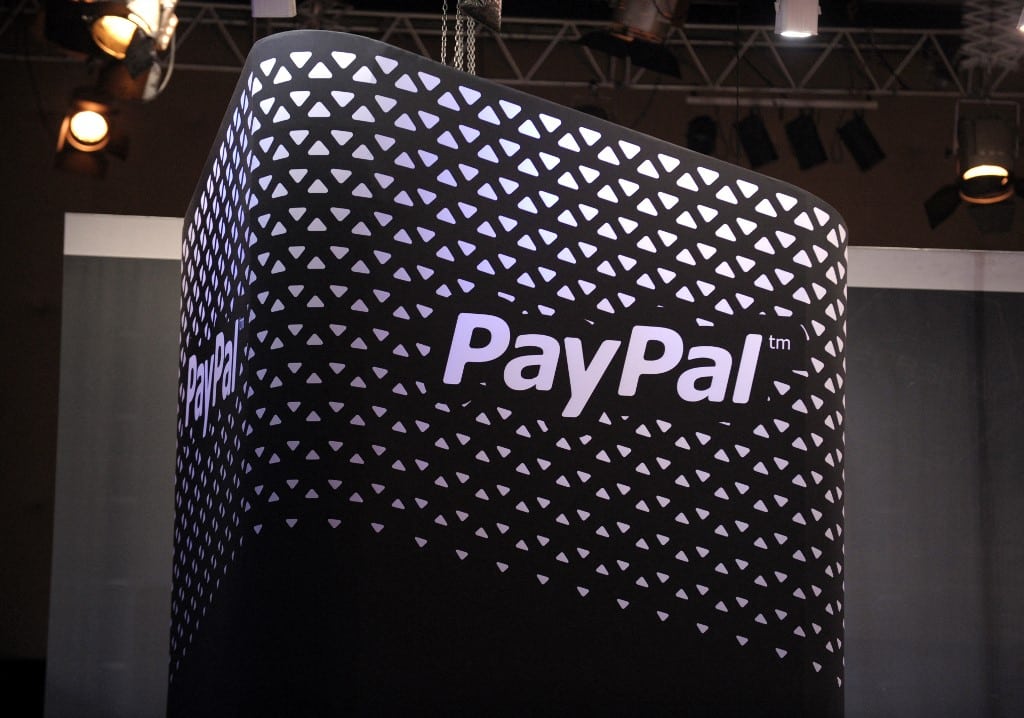
Afte Elon Musk left, Peter Thiel became the CEO of PayPal. Source: Eric Piermont/AFP
Peter Thiel and the power of his Stanford degrees
After university, Thiel worked for a short time as a judicial clerk for a Republican judge, Judge James Larry Edmondson.
After gaining the experience he needed, he moved on to the international law firm Sullivan & Cromwell in New York, where he practised law until 1993.
Wanting a change, Thiel tried his hand out at being a derivatives trader in currency options at Credit Suisse.
Sensing imminent changes were coming for the technology sector, Thiel moved back to the Bay Area in 1996.
With the knowledge and skills combined from university and work experience, he started up a fund called Thiel Capital Management.
Many of the early donations came from family and friends.
While running the fund, he kept in close contact with his university and returned to give a talk one day at Stanford.
Here is where he met Max Levchin, the man who had a business plan called Confinity Inc, that later turned into PayPal.
Thiel’s decision to invest paid off. The idea of a digital wallet at that time was radical then but Thielwas sure it would be a success.
He turned out to be right; his flair for running the company saw brands like Nokia and Deutsche Bank invest some US$3 million in the startup, sent via the digital wallet.
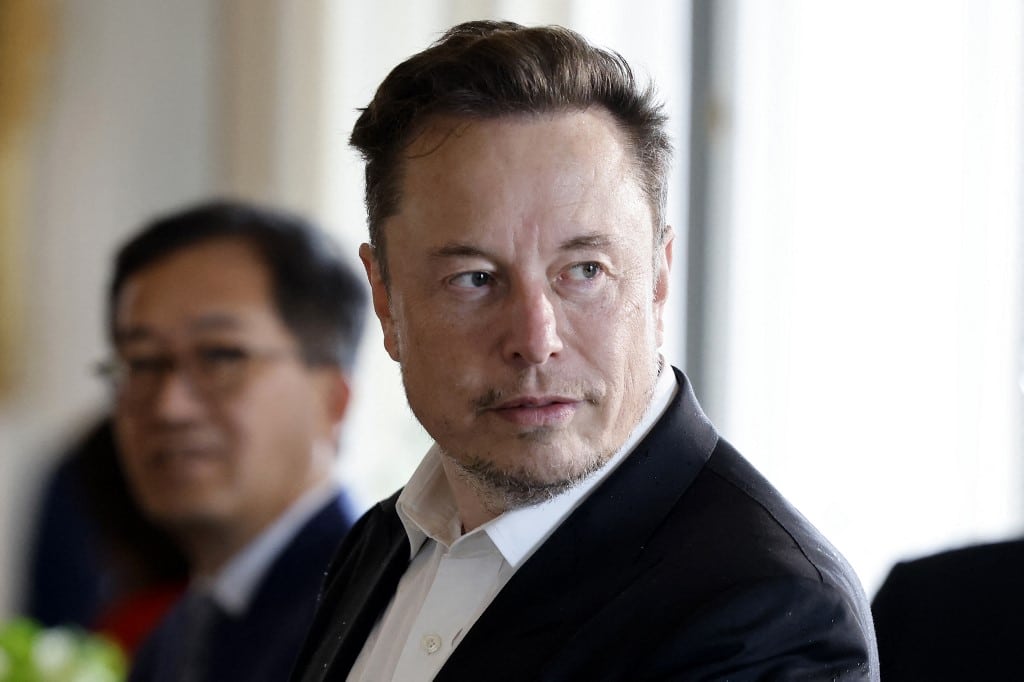
Elon Musk met Peter Thiel when they were both young entrepreneurs and eventually merged their startups together. Source: Ludovic Marin/Pool/AFP
When Peter Thiel met Elon Musk
The story goes that both Confinity and another digital payment startup, X.com, were located on the same floor.
X.com was founded by then-young businessman Elon Musk. While both companies were doing decent, they struggled to turn a profit. Thiel also worried about competition.
So, what did they do? They put their heads together and, in quite a turn of events, merged both companies into what we today know as PayPal.
PayPal’s success eventually made Thiel a multimillionaire — but not without a good amount of strife and scandal.
Initially, Musk was CEO, leaving Thiel to be executive vice president, but both companies had very different cultures and struggled to get along.
Musk’s reign did not last long. He was booted out of the company and Thiel took over.
One of Thiel’s first moves was to make PayPal public in 2002. It was soon acquired by eBay for US$1.5 billion. He pocketed US$100 million and focused on making more money.
He founded a hedge fund named Clarium Capital in 2002 and in 2003, co-founded data analysis firm Palantir.
In 2005, he founded Founders Fund, a venture capital firm that specialises in risky investments and unconventional ideas with potential.
By then, Thiel’s potential to churn theory into dollar bills was in full swing.
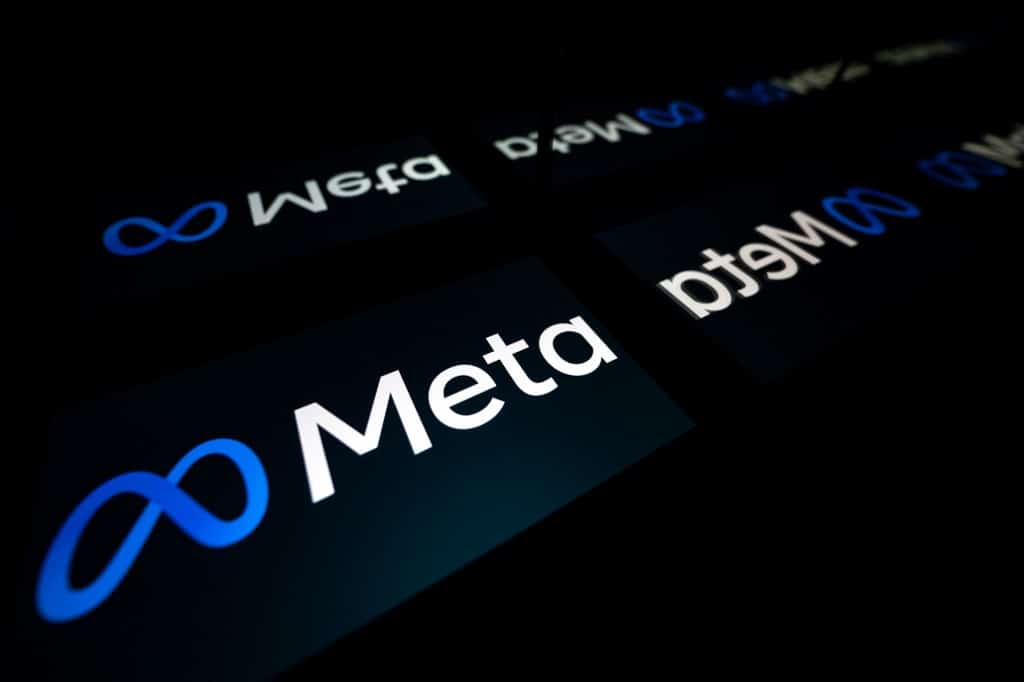
Meta Platforms Inc, formerly named Facebook was one of the companies that Peter Thiel invested in. Source: Lionel Bonaventure/AFP
Peter Thiel: the don of Silicon Valley
Silicon Valley has produced some of the most revolutionary minds of our times.
From Steve Jobs to Mark Zuckerberg, they’ve all founded companies that are incredibly successful and go into billion in evaluations.
Thiel is one of them.
He was one of the earliest investors of Facebook in 2004, investing just half a million dollars for a 10.2% stake in the company. By 2005, he was one of the social media giant’s directors.
Knowing what to build and where to invest has built Thiel immense clout — so much so that even Mark Zuckerberg credited him for “teaching him so much.”
“Peter has been a valuable member of our board, and I’m deeply grateful for everything he has done for our company — believing in us when few others would,” he says.
“He taught me so many lessons about business, economics, and the world. Peter is truly an original thinker who you can bring your hardest problems and get unique suggestions.”
Since then, Thiel has gone on to invest in other ventures, like,
- Stripe
- Affirm
- Airbnb
- Clearview AI
- SpaceX
- Lyft
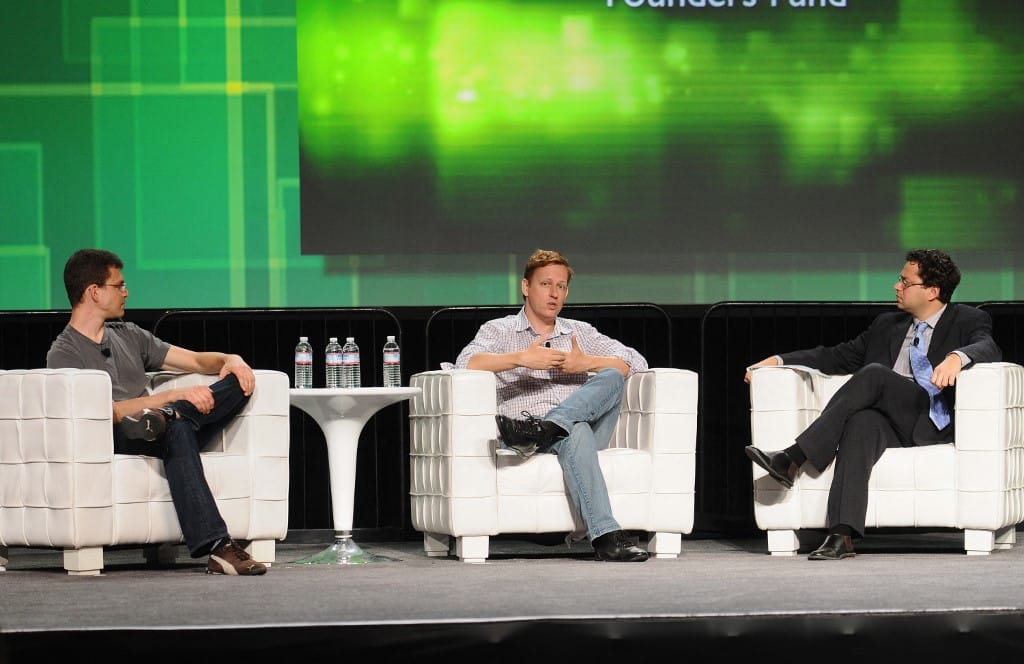
Peter Thiel built his business on the success of PayPal, something he still recognises today. Source: Araya Diaz/Getty Images for TechCrunch/AFP
“Higher education has brainwashed Silicon Valley”
For someone who has two degrees from an Ivy League, Thiel has denounced the value of college.
“[Silicon Valley’s] probably the most educated part of the country in terms of how much time people spent in college,” Thiel said on Wednesday’s episode of “The Rubin Report” podcast, hosted by Dave Rubin.
“I think one of the downsides of too much education is that you get the most brainwashed.”
It’s perhaps this thought that sparked the venture capitalist to start and continue to fund the Thiel Foundation.
Its Fellowship Programme, which launched in 2011, encourages young people to not go to college but instead start companies. Some have reportedly become billionaires.
In a world where conformity rules, these young founders are setting out to reimagine every industry they touch, says Brian Rowen, President of The Thiel Foundation.
“No goal is too ambitious; this year’s class is innovating in fields as varied as energy production, genetic testing, AI, and agriculture.”
Alex Handy, Director of the Thiel Fellowship, has encouraged the younger generation to follow their own path.
“Members of this year’s class are not preoccupied with chasing trends, whether in Silicon Valley or on TikTok. They are acting on concrete plans to improve the world around them.”








